By: Kasco Staff | Originally Posted: June 3, 2017 | Updated: May 12, 2023
____________________________________________________________________________________________
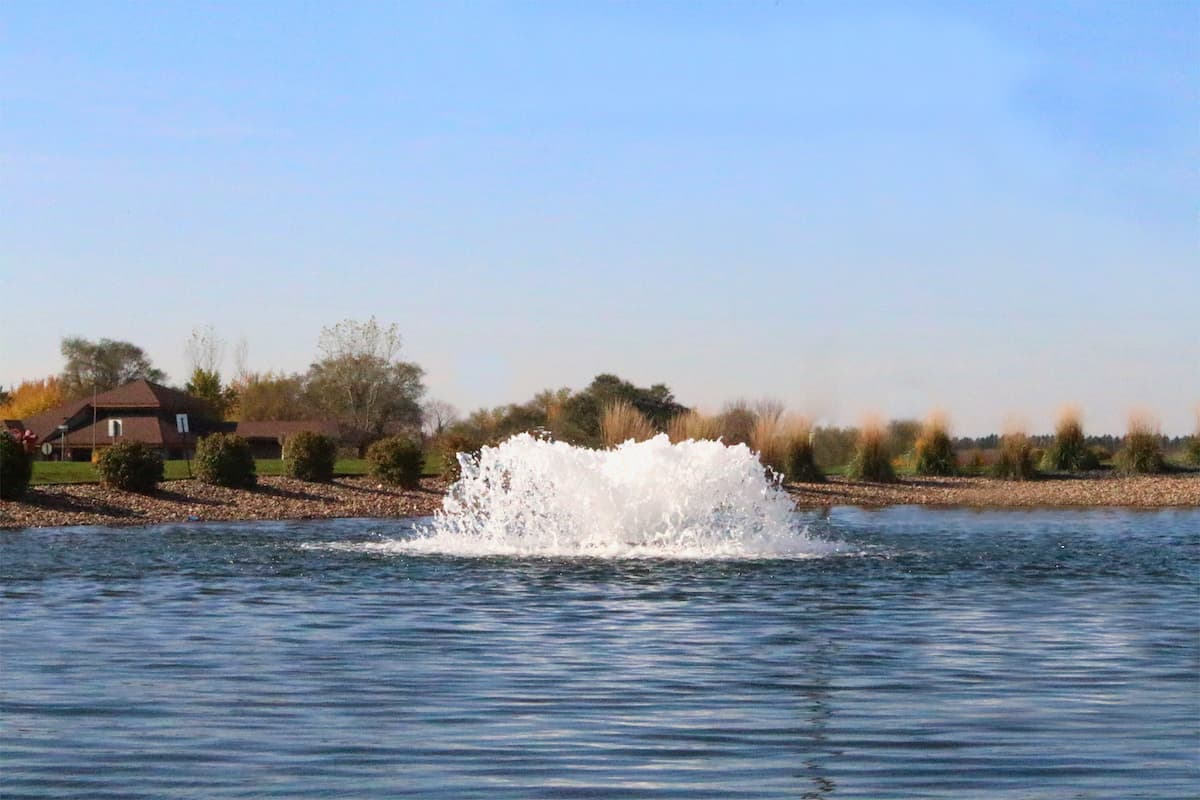
When you look at a Fontaine or aerator in a lake or pond, you’re more than likely focusing on the aesthetics it displays. What you may not recognize is how the system is working to benefit the lake or pond. In this article, we highlight the benefits that you should know about aeration and how important it is to a body of water.
1. Improves the Quality of Water
An aerator is known to improve the the quality of the water by pushing high volumes of water into the air. Doing so helps circulate the water, stabilize pH balances, reduce alkalinity, and remove carbon dioxide from the water.
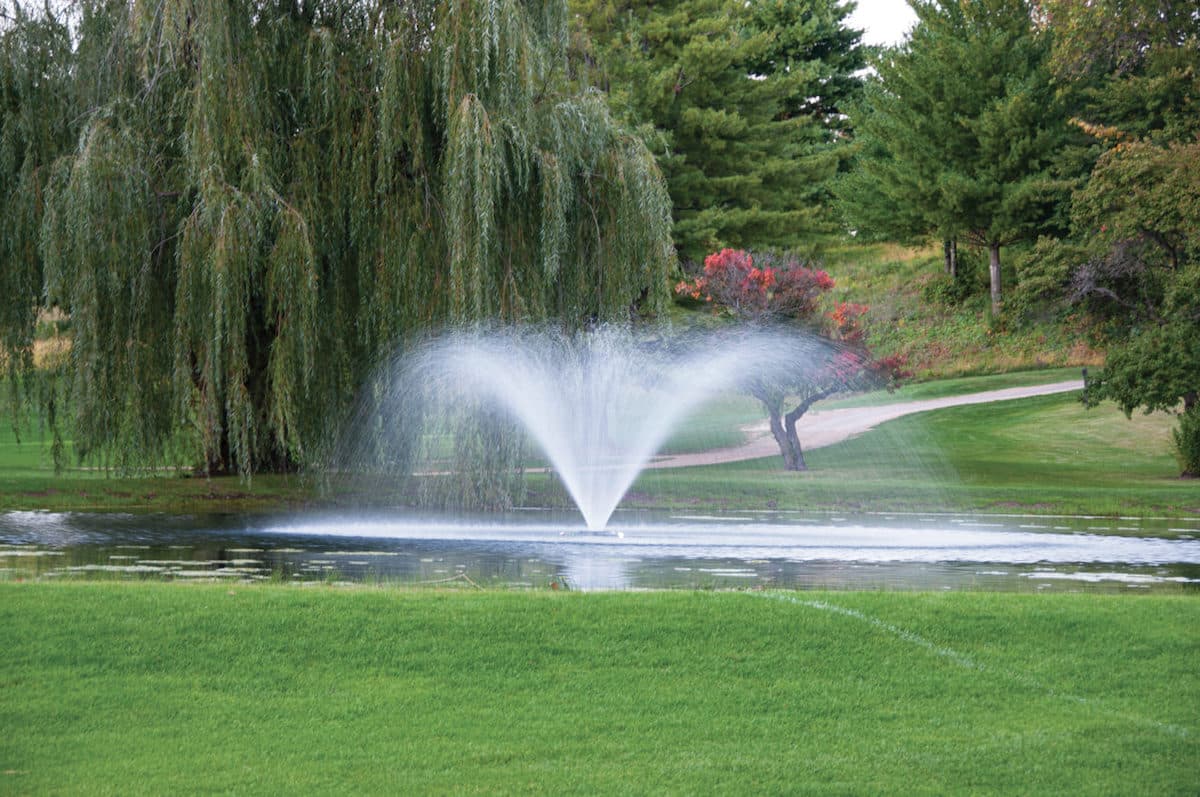
2. Reduces Pond Algae
When an aerator is installed, it does two things to help reduce algae. First, it disrupts the algae spores by sending them to the bottom of the lake or pond. Second, it improves phosphorous concentration levels which reduces the chances of algae growth.
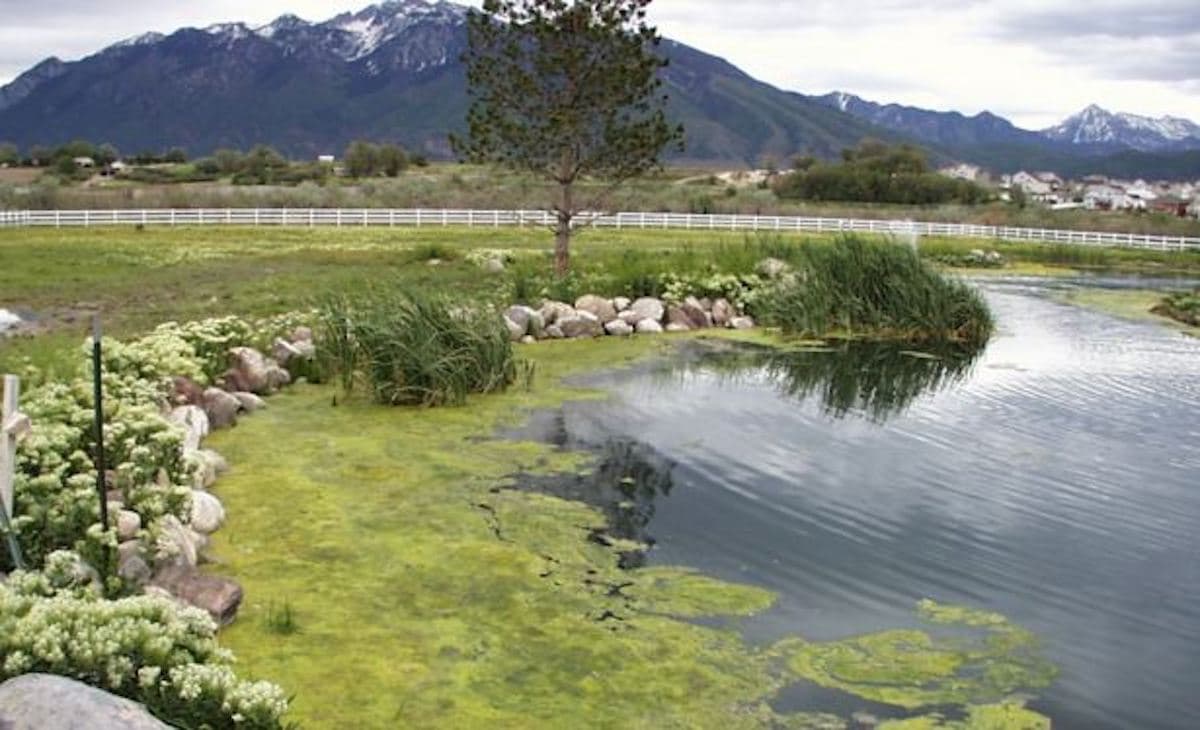
3. Decomposes Unwanted Bacteria
Another benefit of adding an aeration system is that it circulates oxygen throughout the entire pond. As a result, this added oxygen helps decompose any unwanted bacteria that is either floating on the surface or settled at the bottom.
4. Decreases the Amount of Mosquitoes in the Area
Mosquitoes require still, stagnant water for part of their life cycle. Mosquito larvae “hang” onto the surface tension of the water. An aerator can create the necessary water movement to disrupt this surface tension and ultimately reduce reproduction.
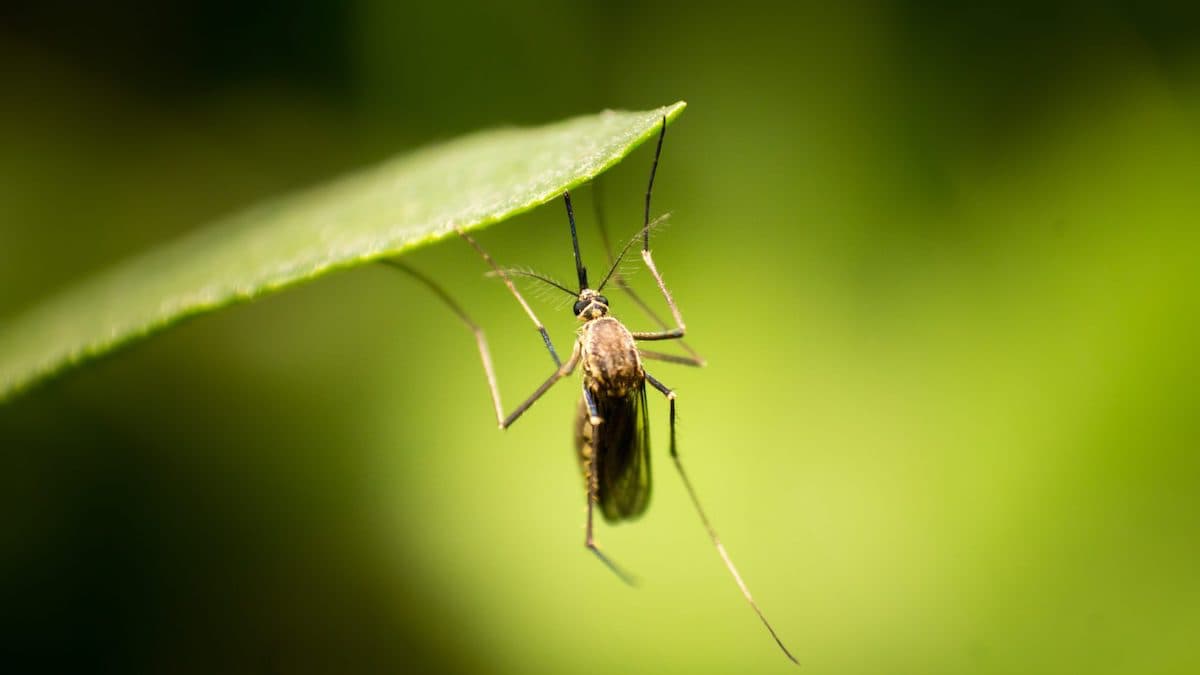
5. Improves the Odor Around the Lake or Pond
When a pond doesn’t have proper circulation, bacteria use enzymes to ferment and digest the muck that is found at the bottom of the pond. While doing so, they are producing waste products including carbon dioxide and sulfide. This is what causes the unpleasant odor in ponds without aeration.
6. Eliminates the Thermocline of the Pond
In a pond, the temperature of the water is inconsistent. Some areas will be warmer, especially when exposed to sunlight for a long duration of time. Conversely, other areas that do not get exposure to sunlight and are stagnant will be colder. An aerator prevents this from happening by mixing and distributing the water, ultimately making the temperature more consistent.
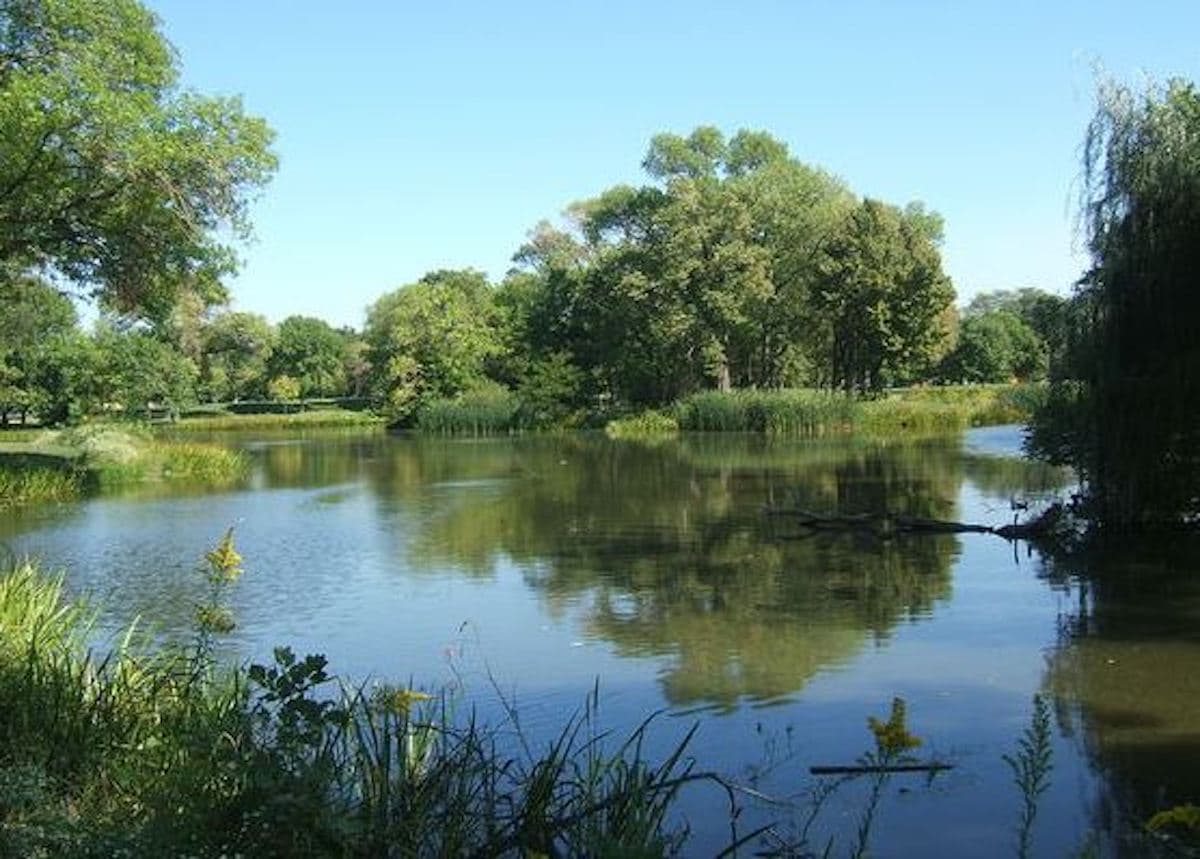
7. Increases Fish Habitats
As mentioned above, an aerator works to distribute and improve the temperature of a pond or lake. By creating this stable temperature in the aquatic ecosystem, it will benefit the fish that thrive in warmer water.
8. Reduces the Risk of Harming Fish
Like humans, fish rely on oxygen to survive. Oxygen is introduced to the water at the surface and through photosynthesis from aquatic plants and algae. However, this is often times not enough to maintain a healthy pond ecosystem. That is why it is so important to install an aerator. It will ensure that the fish are getting fresh oxygen into the pond.
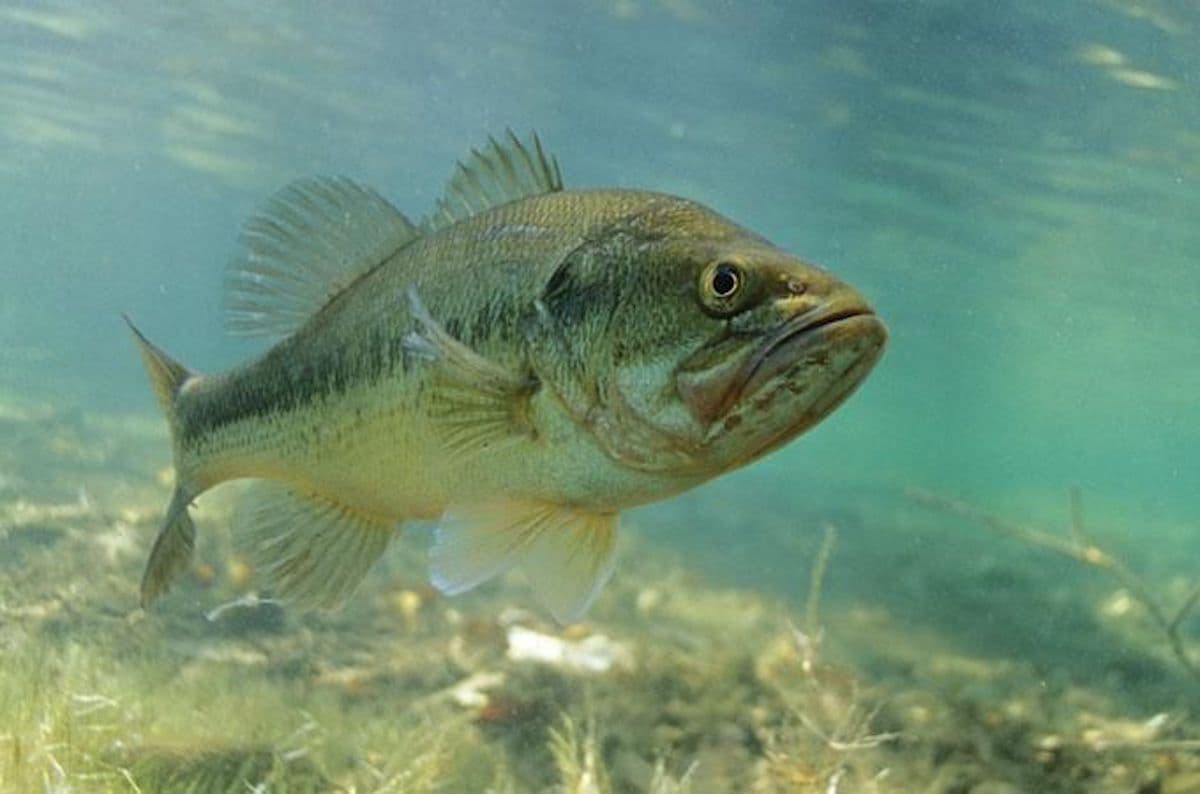
Now that you’ve read through the 8 benefits of an aeration system, your outlook may be a little different. You’re likely to not only be intrigued by the aesthetics, but also by the functions they’re performing underneath the surface.
It is important to install the correct type of aeration system, so please email us or call 715-262-4488 to consult with a professional to analyze the unique needs of your pond and to offer assistance when needed.
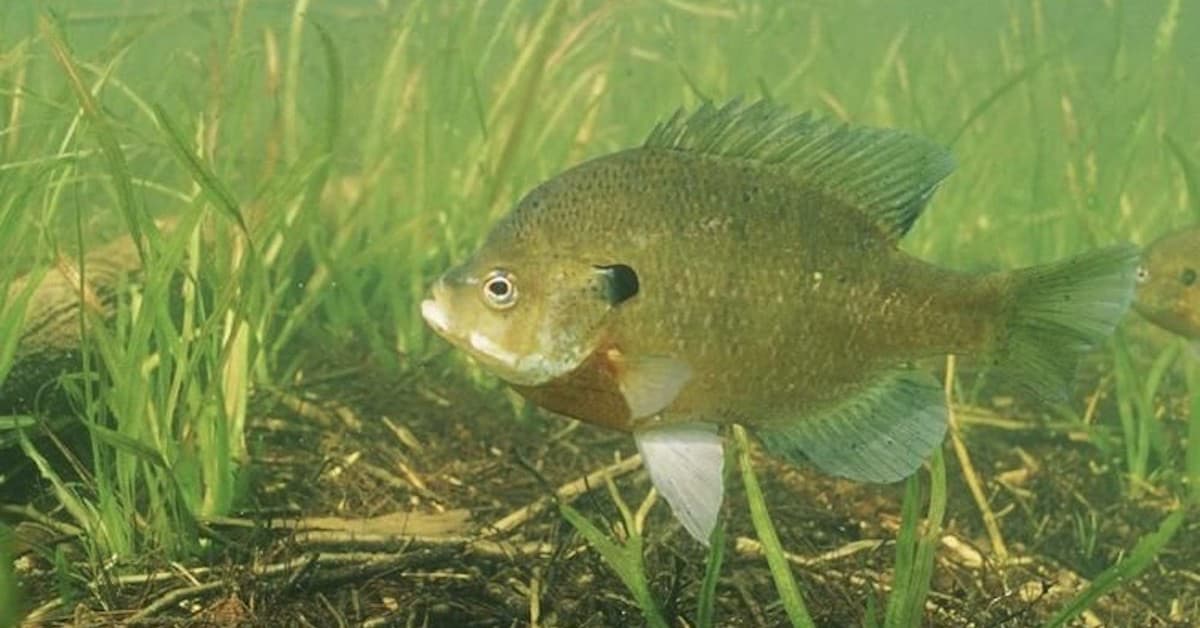 What is D.O. & Why You Should Care
What is D.O. & Why You Should Care
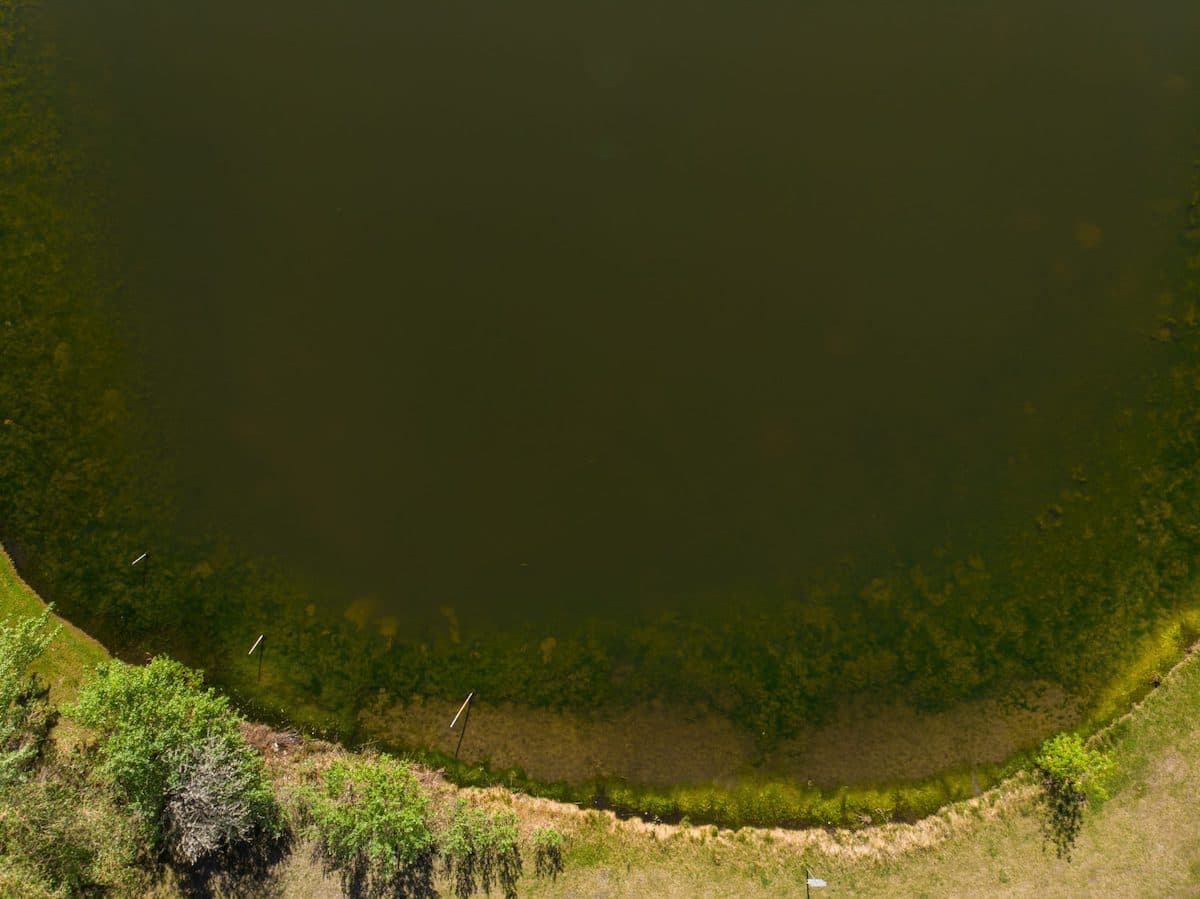 Le guide pratique sur les boues d'étang
Le guide pratique sur les boues d'étang
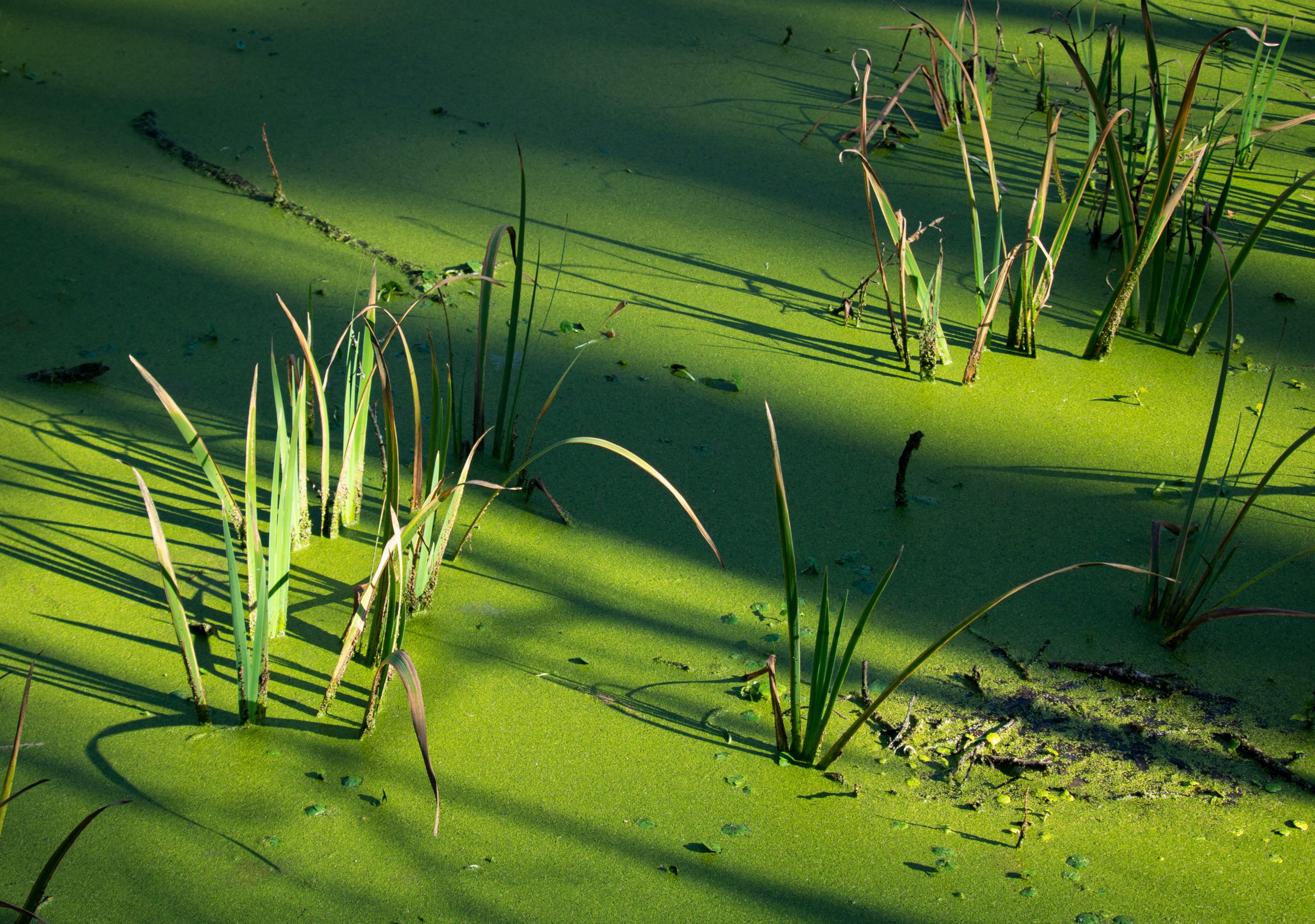 Contrôle des algues en début de saison
Contrôle des algues en début de saison